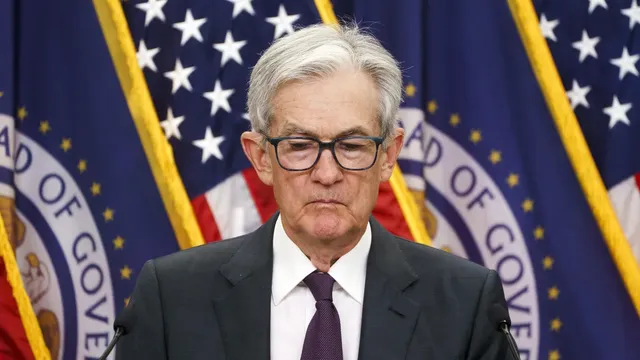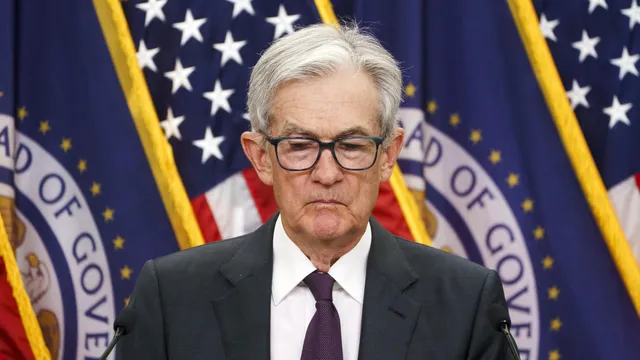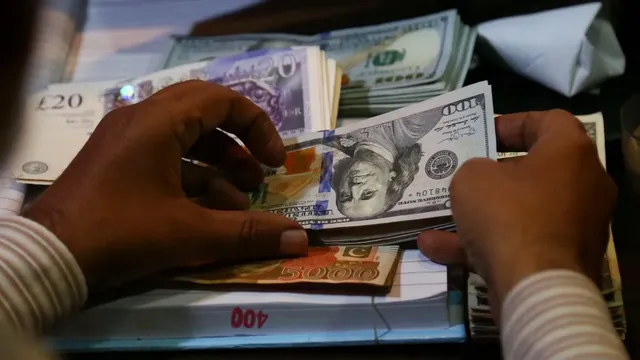Wall Street stocks rose after US Federal Reserve Chairman Jerome Powell left the door open for a rate cut. The dollar also fell against the euro and other major currencies, AFP reported.
Investors had been eagerly awaiting Powell's speech all week, hoping for hints that the Fed would cut rates at its next meeting in September to boost economic growth.
New York's three major indexes rose after his statement, recovering from a sell-off in technology stocks this week.
European stock markets also rose in afternoon trade, although gains were limited by the impact of President Donald Trump's tariffs on the German economy, which shrank in the second quarter.
Speaking at the annual symposium of global central bankers in Jackson Hole, Wyoming, Powell warned that the risks of higher inflation and a weakening labor market meant a “challenging environment.”
“The risks to employment are increasing,” Powell said, adding that the effects of Trump’s tariffs on consumer prices “are now clearly visible.”
“With policy in tightening territory, the underlying outlook and the changing balance of risks may necessitate an adjustment in our policy stance,” the Fed chairman said.
He is under intense public pressure from the U.S. president to cut rates.
But the independent central bank has kept its benchmark interest rate steady in a range of 4.25 percent to 4.50 percent since its last cut in December.
In keeping rates unchanged, policymakers cited the resilience of the labor market as they watched the effects of Trump’s sweeping tariffs on the world’s largest economy.
“The market had priced in a September rate cut probability of about 75%,” said Brett Kenwell, investment analyst at eToro.
But according to CME Group’s FedWatch tool, the probability had risen above 80% by late Friday (August 22).
Kenwell noted, however, that “rising inflation is still a risk and could prevent the Fed from acting as quickly as it would like, but it is unlikely that the committee will stand idly by if we see further weakening in the labor market.”
The dollar weakened against currencies such as the euro, pound and yen as lower yields make the greenback less attractive to foreign investors.
Oil prices rose slightly after rising more than 1% on August 21 as investors weighed the potential for a peace deal in Ukraine more than three years after the Russian invasion. | BGNES

 Breaking news
Breaking news
 Europe
Europe
 Bulgaria
Bulgaria







